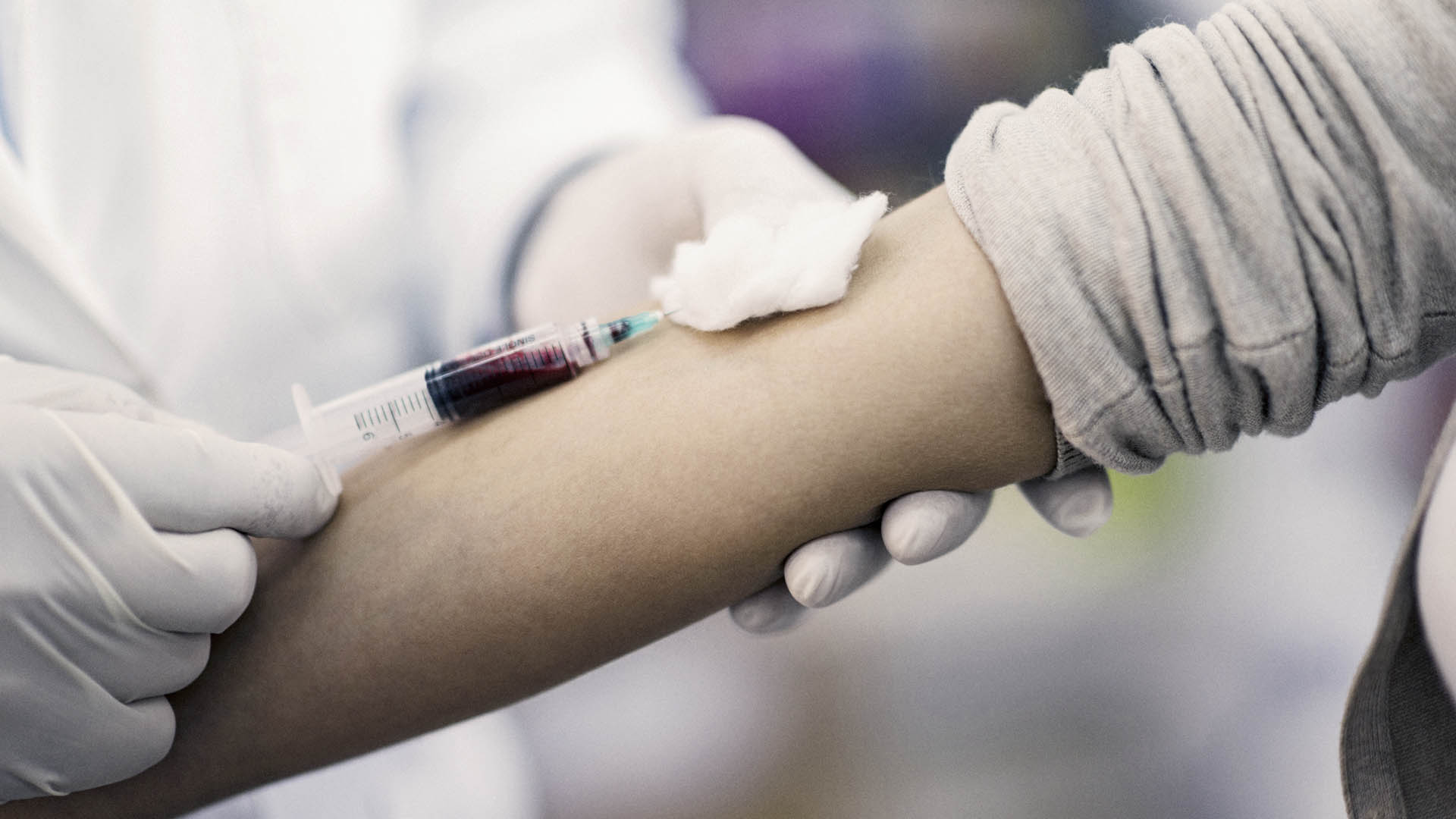Groundbreaking cancer treatment approved in the US
View PDF
CAR-T therapy has been on the way for about a decade and consists of the extraction of T-cells (a type of immune cells) from the patient. The T-cells are genetically modified and expanded and then reinfused into the patient. This genetic modification means that the T-cells can now bind to – and degrade – specific types of blood cancer.
In popular terms, the challenge is that the body’s own immune system through the T-cells do not attack the cancer cells, as the cancer cells are in fact the body’s own cells that are mutated. The CAR-T therapy reprograms the patient’s immune defence to ignore it and then attack the often deadly blood and bone marrow cancers.
CAR-T had its breakthrough when it was introduced as a last attempt to cure chronically ill leukaemia patients. In almost 83 pct. of cases, the treatment prolonged the life of terminally ill patients and in some cases even cured them.
According to the US National Cancer Institute, about 3,000 American children aged 0-20 are diagnosed with acute leukaemia every year. This makes this type of cancer the most widespread type of cancer in this age group, where current cancer treatments with chemotherapy and stem cell transplants have not been successful with around 25 pct. of patients. CAR-T therapy has been approved in the US for treatment of patients up to 25 years. So far, the treatment is rather expensive with a price of approx. $ 475,000 per treatment. Allegedly, the federal government has already spent about $ 200 million on tests with CAR-T therapy before the pharmaceutical company Novartis bought the rights to the treatment, which they today offer under the name of Kymriah. The American association “Patients for Affordable Drugs” has appealed to the company to charge less for the treatment.
Although many patients have been successfully treated with CAR-T therapy and the FDA has called the treatment a historic breakthrough in gene therapy, the treatment still has many side effects such as neurological disorders such as brain swelling or the T-cells attacking the healthy cells. Also, the genetically modified T-cells may generate too much human body waste during the destruction of the cancer cells so the kidneys do not function properly. Therefore, there have been several deaths among patients in this treatment group – however, they would not have responded to any other type of cancer treatment either.
Another challenge to this treatment is that it must be customized to the patient, as not all cancer patients respond equally to the treatment. Novartis’ CAR-T therapy has shown positive recovery results, but the question remains how quickly the company can produce customized therapies to patients all over the US. Novartis believe they can provide about 20 American hospitals with the treatment within a month.
The FDA’s approval of the CAR-T therapy means that competing companies such as Kite Pharma, recently bought by the research-based biopharmaceutical company Gilead Sciences for $ 11.9 billion, and Juno Therapeutics are also joining the ranks since both companies are developing CAR-T therapies. Kite Pharma is currently awaiting FDA approval of their CAR-T therapy. The CAR-T cell therapy has undoubtedly a large potential to also create other ground-breaking treatments for life-threatening diseases. We think this will put a pressure on the FDA to accelerate the development and review of these treatments.

